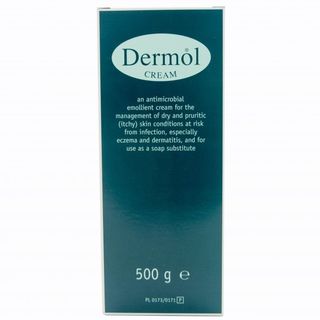
Psoriasis
Itchy and irritating, psoriasis flare-ups can leave your skin looking red, angry and inflamed. As well as being uncomfortable, psoriasis can leave you feeling self-conscious or even embarrassed. This can take a toll on both your physical and mental wellbeing and stop you getting out and about. Luckily, there’s a great choice of safe and effective treatments available. From creams and gels to ointments and foams, we’ve got just the thing to soothe your skin and help patches heal. Let us help you find effective solutions to alleviate symptoms and improve your skin health, so you can feel more comfortable and confident.
Psoriasis Treatments
 Dermol Cream£134.4036 reviews
Dermol Cream£134.4036 reviews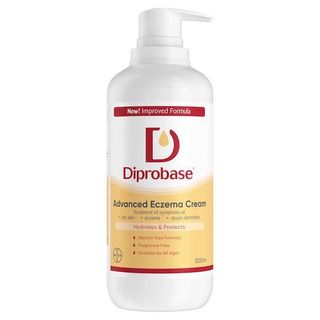
Diprobase Cream
Diprobase Creamfrom£11.5013 reviews- Best seller
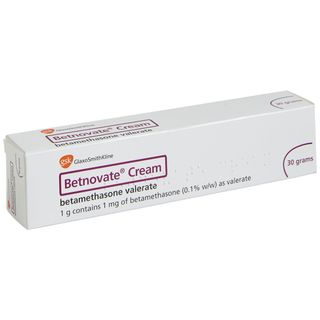
Betnovate Cream & Ointment
Betnovate Cream & Ointment (30g & 100g)from£14.99644 reviews 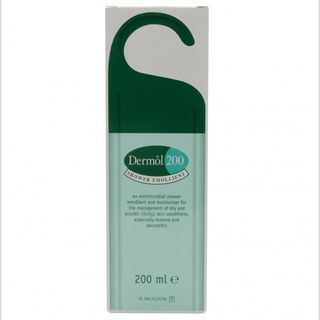
Dermol 200 Shower Emollient
Dermol 200 Shower Emollient£10.7826 reviews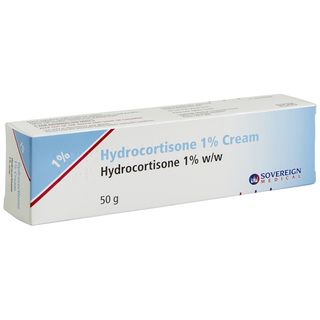
Hydrocortisone
Hydrocortisone 1% Cream & Ointmentfrom£13.9954 reviews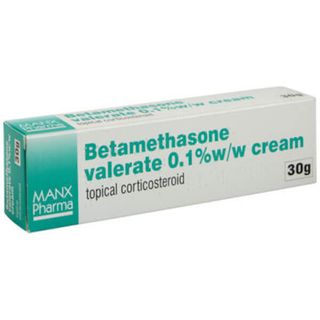
Betamethasone 0.1% Cream & Ointment
Betamethasone 0.1% Cream & Ointmentfrom£13.49160 reviews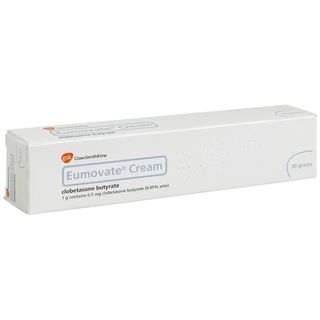
Eumovate Cream & Ointment
Eumovate Cream & Ointmentfrom£14.99194 reviews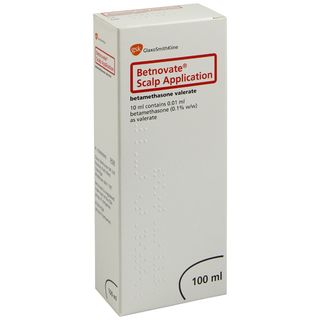
Betnovate Scalp Application 100ml
Betnovate Scalp Application 100ml£16.99367 reviews- Out Of Stock
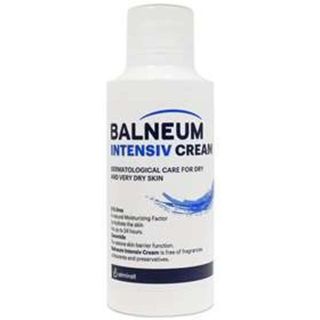
Balneum Intensiv Cream
Balneum Intensiv Cream£14.005 reviews - Out Of Stock
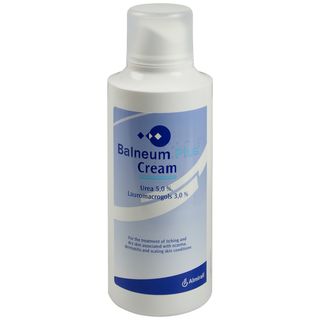
Balneum Plus Cream
Balneum Plus Cream7 reviews - Out Of Stock
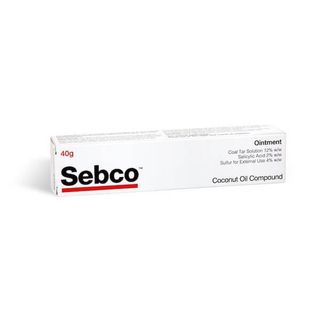
Sebco Ointment
Sebco Ointment10 reviews - Out Of Stock
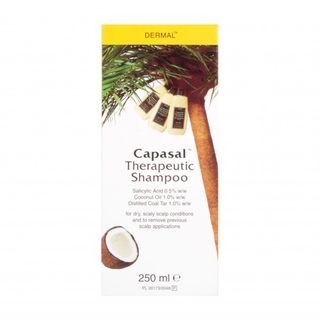
Capasal Therapeutic Shampoo
Capasal Therapeutic Shampoo13 reviews - Out Of Stock
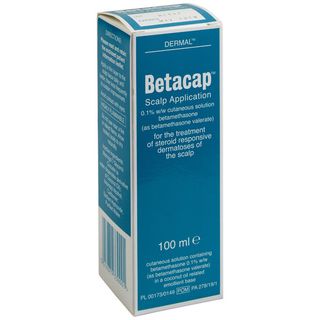
Betacap 0.1% Solution
Betacap 0.1% Solution78 reviews - Out Of Stock
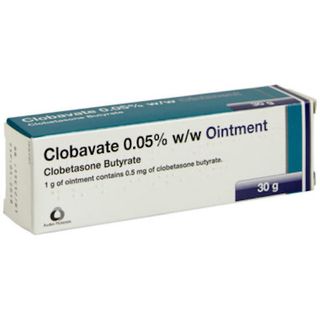
Clobetasone 0.05% Ointment
Clobetasone 0.05% Ointment£13.4914 reviews - Out Of Stock
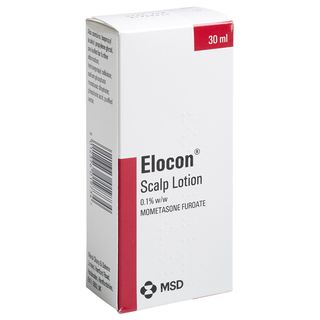
Elocon Scalp Lotion
Elocon Scalp Lotion33 reviews - Out Of Stock
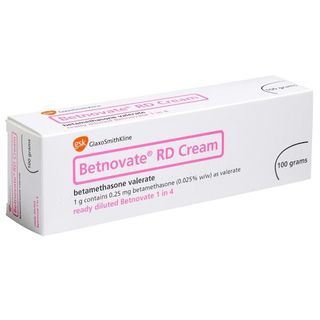
Betnovate RD Cream
Betnovate RD Cream25 reviews - Out Of Stock
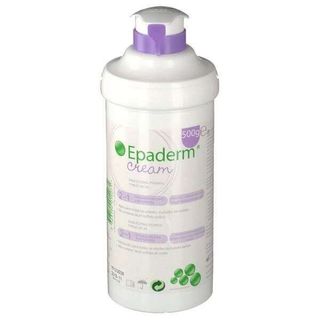
Epaderm
Epaderm Cream and Ointment - Out Of Stock
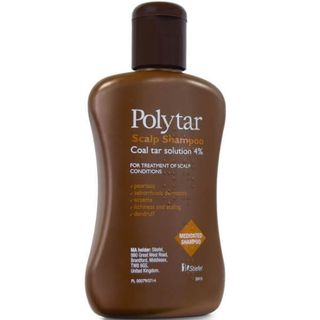
Polytar Shampoo
Polytar Shampoo - Out Of Stock
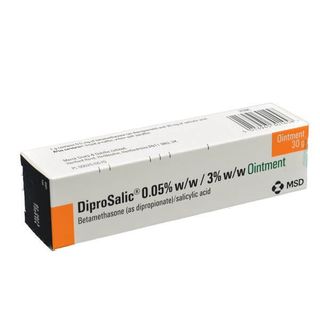
Diprosalic Ointment
Diprosalic Ointment - Out Of Stock
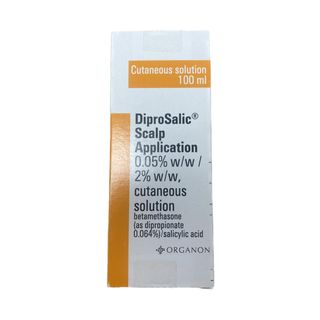
Diprosalic Scalp Application
Diprosalic Scalp Application - Out Of Stock
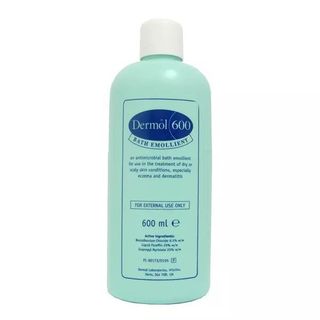
Dermol 600 Bath Emollient
Dermol 600 Bath Emollient - Out Of Stock
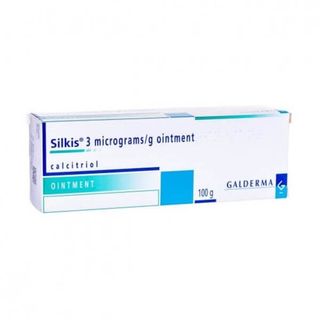
Silkis Ointment
Silkis Ointment - Out Of Stock
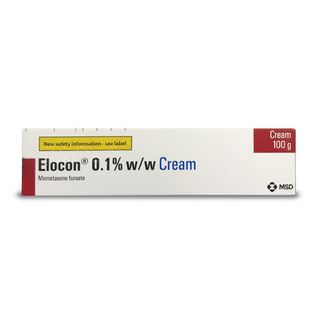
Elocon Cream & Ointment
Elocon Cream & Ointment - Out Of Stock
Mometasone Cream & Ointment
Mometasone Cream & Ointment - Out Of Stock
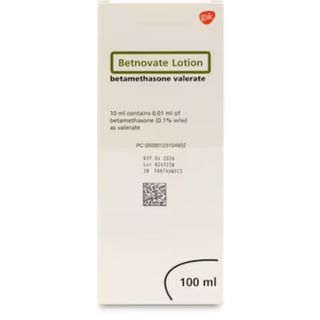
Betnovate Lotion
Betnovate Lotion - Out Of Stock
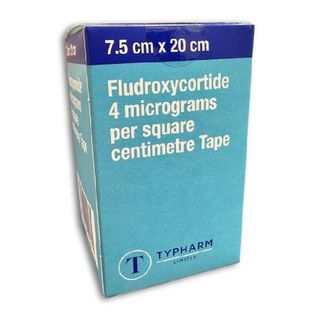
Fludroxycortide Tape
Fludroxycortide Tape644 reviews - Out Of Stock
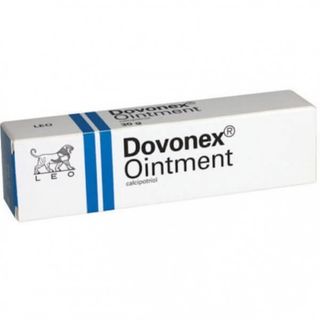
Dovonex Ointment
Dovonex Ointment - Out Of Stock
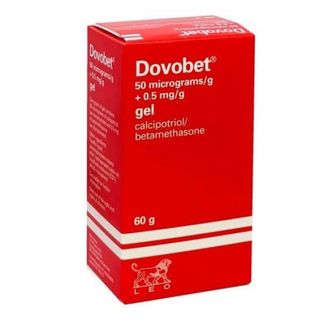
Dovobet Gel & Ointment
Dovobet Gel & Ointment - Out Of Stock
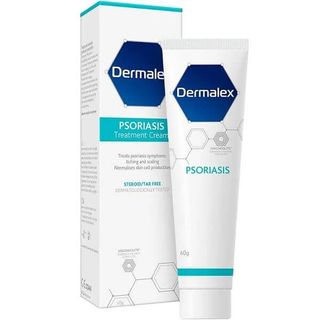
Dermalex Psoriasis Cream
Dermalex Psoriasis Cream - Out Of Stock
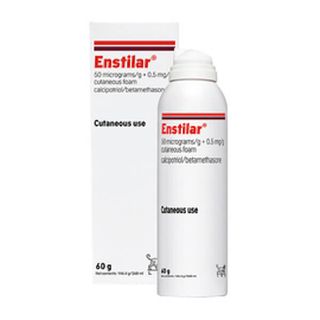
Enstilar Foam
Enstilar Foam - Out Of Stock
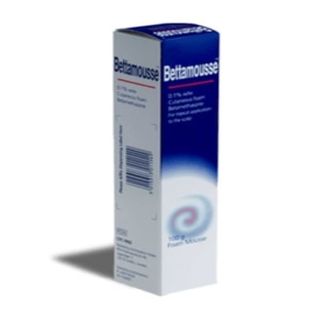
Bettamousse 0.1% Foam
Bettamousse 0.1% Foam - Out Of Stock
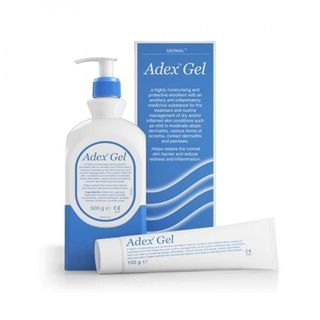
Adex Gel
Adex Gel9 reviews - Out Of Stock
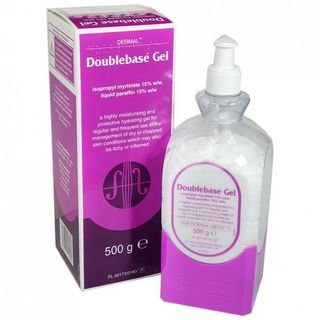
Doublebase Gel
Doublebase Gel18 reviews - Out Of Stock
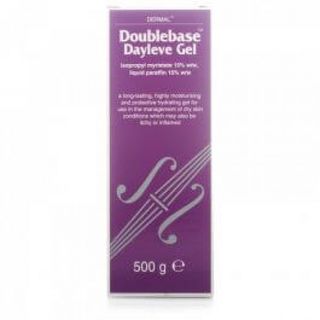
Doublebase Dayleve Gel
Doublebase Dayleve Gel7 reviews - Out Of Stock
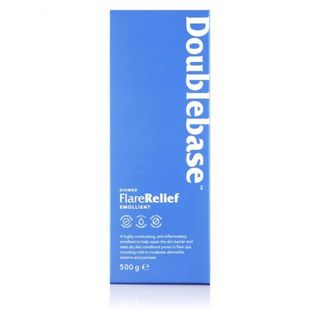
Doublebase Flare Relief
Doublebase Flare Relief1 review - Out Of Stock
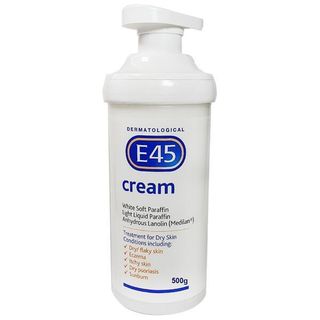
E45 Cream
E45 Cream - Out Of Stock
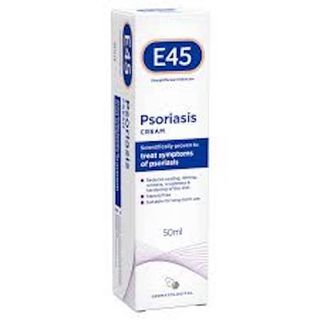
E45 Psoriasis Cream
E45 Psoriasis Cream - Out Of Stock
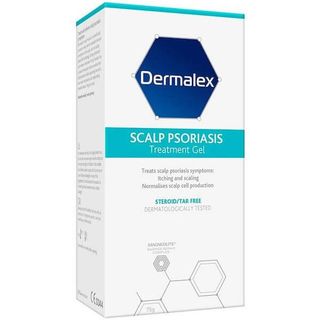
Dermalex Scalp Psoriasis Gel
Dermalex Scalp Psoriasis Gel - Out Of Stock
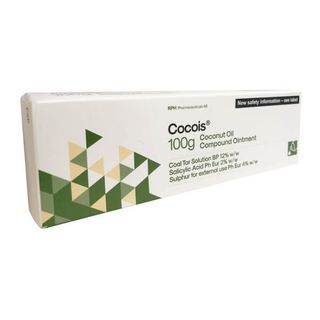
Cocois Ointment
Cocois Ointment - Out Of Stock
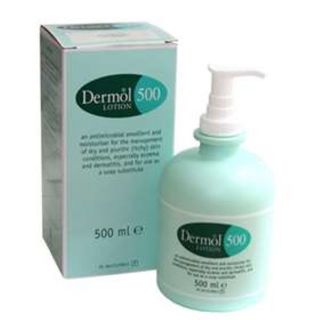
Dermol 500 Lotion
Dermol 500 Lotion
View recommended products for Psoriasis
Don't wait to get the medical help you need.
View our recommended treatments and select your preferred treatment and quantity from a list of options for you.
Selected by our UK-based medical team
Quick and easy checkout
Treatments dispatched same day (before 3pm)
Ordering as easy as 1, 2, 3
1. Find the ideal treatment
We can provide over 1099 leading medicines to treat over 94 conditions.
2. Get a free consultation
Our qualified healthcare professionals will assess your condition and needs.
3. Enjoy speedy delivery
And when the time comes to re-order, it'll only take a couple of clicks.
Advice for Psoriasis
What is Psoriasis?
Psoriasis is a skin condition that causes the skin to become dry, itchy and red and often presents with scaly, flaky patches. These patches most commonly occur on the scalp, elbows, knees and lower back, but they can appear anywhere on the skin, with some people also developing symptoms that affect their nails and joints.
Around 2% of people in the UK are affected by psoriasis. It can develop at any age but it is a long-term condition so once you have developed it you will most likely continue to have intermittent episodes of the condition (flare-ups) throughout your life. Psoriasis is an immune-mediated condition that is triggered by your body's inflammatory response causing your skin cells to be overproduced. It is not contagious.
Episodes of psoriasis or flare-ups affect people differently, they can vary in severity and length of time. For some people, flare-ups only happen very occasionally, but for others, they can be very frequent. Flare-ups of psoriasis usually have a trigger or several triggers For some people it becomes obvious what their triggers are but for others, they may never be completely sure.
The most common triggers include:
- Stress - the first episode of psoriasis often follows a significant period of stress
- Alcohol - is dehydrating, which can increase the severity of psoriasis
- Injury - scratches, cuts, piercings, injections
- Infections - any form of illness, but particularly throat infections
- Medication - including lithium, antimalarials, Ibuprofen and blood pressure medication
- Hormones - in women puberty, pregnancy and menopause
What types of Psoriasis are there?
Several types of psoriasis exist that are defined by slightly different symptoms.
Plaque Psoriasis: This is the most common type of psoriasis, affecting around 9 out of 10 psoriasis sufferers. Plaque psoriasis can be experienced alone or in combination with another type of psoriasis. The most commonly affected areas include the skin around the knees, elbows and lower back.
Plaque psoriasis gets its name because it presents as large patches or ‘plaques’ of itchy, red, sore skin with white or silver scales. The skin becomes thick and dry due to the overproduction and build-up of skin cells. There is also an increase in blood flow to the affected areas of the skin, which causes the ‘plaques’ to appear redder in colour.
Scalp Psoriasis: Around 50% of plaque psoriasis sufferers develop scalp psoriasis. The whole scalp or just patches of skin, similar to plaques, may be affected. Scalp psoriasis can also affect the skin on the face, around the hairline, down the back of the neck and behind the ears.
In the same way as plaque psoriasis, psoriasis of the scalp causes the skin to thicken causing red, scaly and flaky skin that can look very similar to extreme dandruff. Scalp psoriasis can be particularly unpleasant, causing the skin to feel increasingly tight, itchy and sore. For people who experience a severe flare-up of scalp psoriasis, the thickening of the skin can sometimes result in temporary hair thinning or loss.
Guttate Psoriasis: The term Guttate Psoriasis comes from the Latin term Guttae, which means ‘drops’. For this reason, Guttate Psoriasis is sometimes referred to as ‘rain drop’ or ‘teardrop’ psoriasis. Unlike the more common plaques, Guttate Psoriasis presents as a widespread rash, that looks similar to drops of rain. The spots are small red, scaly spots that may be very itchy and sore. The rash often develops over the trunk of the body, limbs, neck and scalp.
Guttate Psoriasis is most commonly triggered by an infection, typically a throat infection. It is more likely to occur in children, teenagers or young adults. Flare-ups may reoccur in people who are susceptible to throat infections, however, two-thirds of people affected will never experience another flare-up.
Nail Psoriasis: This type of psoriasis affects around half of all people that suffer from psoriasis. It is possible for Nail Psoriasis to affect just the fingernails or toenails, but can also affect both at the same time. Because nails grow very slowly, Nail Psoriasis can be one of the more difficult types of psoriasis to treat.
Nail Psoriasis can present in a variety of ways and can often be misdiagnosed as a fungal nail infection. Symptoms include; nails coming away from the nail bed (onycholysis), thickening, crumbling, discolouration, as well as pitting and dents in the surface of the nail.
A less common type of psoriasis is Pustular Psoriasis: Only around 3% of all people who have psoriasis develop Pustular Psoriasis and is most commonly seen in older adults. It very rarely affects any area of the body other than the palms of the hands and soles of the feet and like other forms of psoriasis, it is not contagious.
Symptoms of Pustular Psoriasis are slightly different from other types of psoriasis. It is categorised by small, fluid-filled pustules that give the condition its name. These pustules initially present as yellow or cream colour but as they burst and dry up they turn brown and crusty. The skin surrounding the pustules is usually red, dry and flaky and is prone to splitting or cracking making walking and using your hands very painful during a flare-up.
How is Psoriasis diagnosed?
All types of psoriasis can be diagnosed by your GP without the need for invasive testing. They will want to thoroughly examine your skin and get a full picture of your symptoms and medical history. In exceptional circumstances, some doctors may want to take a small sample of your skin, called a biopsy. This is so that they can accurately diagnose the type of psoriasis you are suffering from and ensure they have ruled out any other possible skin conditions.
If your GP is unsure of a definitive diagnosis or, you are suffering from very severe psoriasis, they may want to refer you to a specialist doctor called a dermatologist.
How is Psoriasis treated?
There is currently no cure for psoriasis, however, with the correct management, most people will be able to control their flare-ups, meaning they are less frequent and less severe.
Psoriasis treatment varies slightly depending on what type or types that you are suffering from, the whereabouts on your body your skin is affected and the severity of your condition.
The most commonly used treatments for psoriasis are topical creams, ointments and gels that are applied directly to the affected skin. However if you are referred to a specialist you may also be prescribed UV therapy as well as systemic or biologic medications.
Topical treatments fall into four categories but are often used in conjunction with one another:
- Emollients & Moisturisers
- Vitamin D Preparations
- Topical Steroids
- Coal Tar
Moisturisers and emollients
These help to hydrate and protect dry, flaky skin. They can be applied liberally to the skin as part of your daily skincare regime to prevent and reduce symptoms, such as itch and irritation. Some emollients such as Dermol and Cetraben bath additives can be used as a substitute for soap or shower gel to help prevent your skin from drying out further while bathing. For all other emollients, it is advised that they are applied immediately after bathing to ensure maximum hydration is achieved.
Emollient Creams are often preferred for use in the daytime as they are generally designed to be lighter non-greasy formulas, for more natural feeling hydration. Example emollient creams include:
Emollient Ointments are intensely moisturising but tend to be greasier than creams so are generally favoured for overnight use. They do not generally contain any preservative, unlike their cream counterparts, so are less likely to irritate sensitive skin. Examples of ointments include:
Due to the prevalence of scalp psoriasis, new products have been manufactured and become available that have been specifically designed to be easily applied directly to the scalp. Examples of moisturising scalp treatments include:
Emollients and moisturisers are the first line over-the-counter treatment for symptoms of psoriasis. For those people whose emollient creams have not worked or for those suffering from moderate to severe cases of psoriasis prescription creams, ointments, lotions, gels and foams would be the next treatment option.
Vitamin D preparations
Vitamin D gels, ointments and foams are only available on prescriptions and are either used alone or in conjunction with a topical steroid. With correct use, they can reduce inflammation and reduce redness, scaling and dry skin within a matter of weeks. For best results, topical Vitamin D should be applied to the skin half an hour after thoroughly moisturising the affected skin with an emollient. They are not recommended for use in delicate areas such as the face and should not be used long-term as they can cause a build-up of calcium levels in the blood and when combined with steroids can cause thinning of the skin.
Vitamin D (calcipotriol) only formulas:
Vitamin D (calcipotriol) and steroid (betamethasone) combined:
Topical steroids
Corticosteroids are a common treatment for psoriasis as well as other skin conditions such as eczema and dermatitis. They are applied directly to the affected areas of the skin to reduce inflammation and thickening. Depending on the severity of your psoriasis, there are varying strengths or potencies of topical steroids that can be prescribed. Mild or low-strength steroids can be bought without a prescription. Steroids are only suitable for short-term use because they can cause certain side effects that can cause the skin to become fragile and irritated.
Weaker preparations:
- Hydrocortisone Cream 1%
- Eumovate Cream (Clobetasone)
- Eumovate Ointment (Clobetasone)
Stronger preparations:
- Betnovate Cream (Betamethasone)
- Betnovate Ointment (Betamethasone)
Stronger preparations for scalp psoriasis:
- Betnovate Scalp Lotion (Betamethasone)
- Betacap (Betamethasone)
- Elocon Scalp Lotion (Mometasone)
- Bettamousse Foam (Betamethasone)
Coal Tar preparations
The longest-standing treatment for psoriasis, coal tar, has been used for hundreds of years. Today coal tar is most commonly used to treat scalp psoriasis and so often comes as a shampoo, although creams, lotions and ointments are also available. Coal Tar has anti-inflammatory and anti-scaling properties that help to settle and soothe symptoms of psoriasis. Often coal tar treatments are used in conjunction with salicylic acid, a keratolytic agent that helps the body to shed thickened, scaly skin.
Examples of products that contain just coal tar extract:
- Polytar Shampoo
- Alphosyl 2 in 1 Shampoo
- T/Gel Shampoo
Coal tar with salicylic acid:
- Capasal Shampoo (also contains coconut oil)
- Cocois Ointment (also contains coconut oil)
- Sebco Ointment (also contains 4% sulphur and coconut oil)
If using topical treatments has proven ineffective at controlling your psoriasis, you may want to consider seeking further treatment through a specialist dermatologist.
Other treatments
If you think that your skin has become infected you may require a prescription of antibiotics or antifungal tablets or creams.
If you have tried treating your skin condition with topical creams and it has not been effective you should discuss with your doctor about seeing a dermatologist who will be able to advise you on specialist treatments, including:
- Ultraviolet light therapy - Phototherapy that helps reduce inflammation of the skin.
- Systemic Treatments - tablets that suppress your immune system.
Biologic Treatments - medicines that block the chemicals that cause an inflammatory response.
Can flare-ups of Psoriasis be prevented?
Psoriasis is a long-term condition and there is no way to completely prevent flare-ups, however, the most reliable way of reducing flare-ups of psoriasis is to try and identify and avoid certain triggers that are relevant to you and your condition.
The most common triggers include:
- Stress
- Hormonal changes
- Medication
- Alcohol
- Smoking
- Throat infections
- Injury to the skin
It may take several flare-ups of psoriasis for you to become familiar with what factors are triggers for you.
There are also certain things that you can do every day as part of your skincare regime that may reduce recurrences of psoriasis and reduce the severity of flare-ups when they do occur. These include:
- Keep your skin well hydrated by using a moisturiser or emollient cream, especially after showering or bathing.
- Trim your nails and avoid scratching or picking your skin.
- Avoid cold, dry weather and use a humidifier in your home to prevent your skin from drying out.
Psoriasis FAQs
Psoriasis is an auto-immune or immune-mediated condition that means that it is caused by the immune system mistakenly attacking its own skin cells, resulting in them being overproduced leading to the red, flaky, scaling patches associated with psoriasis.
Psoriasis is not contagious, you cannot catch psoriasis in the same way that you cannot give psoriasis to others. It is an immune-mediated condition or an auto-immune disease, which means flare-ups occur due to the body’s own immune system targeting itself, causing an inflammatory response that triggers an overproduction of skin cells.
It is not clear why some people develop psoriasis, however, like other auto-immune conditions, once you have psoriasis you will always have it. There is no cure. You should, however, have significant periods of time where you do not have a visible flare-up, but it is likely that you will continue to experience sporadic episodes of psoriasis for the rest of your life.
Although it is unclear as to the direct cause of psoriasis, there is evidence to suggest that there may be some links to the condition being passed down genetically within families. This does not necessarily mean, however, that if someone in your family suffers from psoriasis that you will also develop the condition.
Eumovate cream is sometimes prescribed for psoriasis, but you should check with your doctor before using it as it may not necessarily be the best treatment for you. One of the possible side effects of Eumovate can be a slight rash, so it is likely not the best option for a heat rash either. To treat heat rash, try Canesten Hydrocortisone Cream.
- Scalp psoriasis and eczema of the scalp are two conditions that affect the same area and share similar symptoms.Eczema of the scalp causes inflammation of the skin. Typically, the condition will cause the scalp to feel itchy and sore, which will lead to dry skin developing on the scalp. In more severe cases, eczema of the scalp can cause blistering and weeping lesions to form. For a lot of sufferers, the condition will usually go through periods of being mild to non-existent, which will be followed by periods where the symptoms will flare-up.Eczema of the scalp can have a variety of triggers, the most common being:Irritants, such as shampoos and haircare productsThe environment-specifically cold or dry weatherDry skinHeavy sweatingGreasy skin/hairStress/anxietyPsoriasis of the scalp usually develops in patches. It presents as red, flaky areas of skin that are covered with grey/silvery scales. The severity of these symptoms will vary from person to person.For some, the condition will only cause mild and infrequent irritation. For others, scalp psoriasis can be far more frequent and severe. Scalp psoriasis is caused by the body producing too many skin cells. The normal rate of skin cell renewal is between 3-4 weeks. For a psoriasis sufferer, this process happens a lot quicker (3-7 days). This causes the build-up of skin cells that psoriasis sufferer’s experience.
